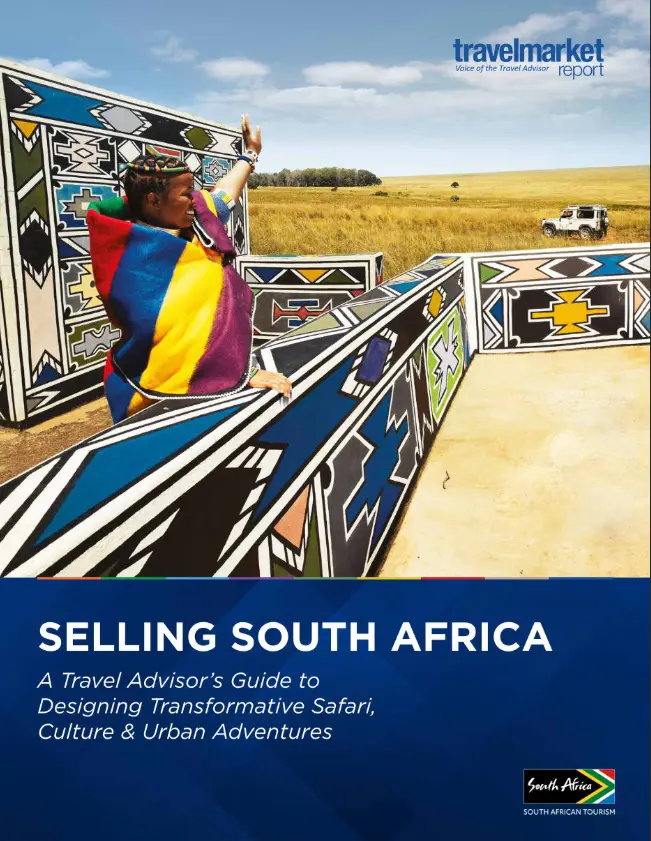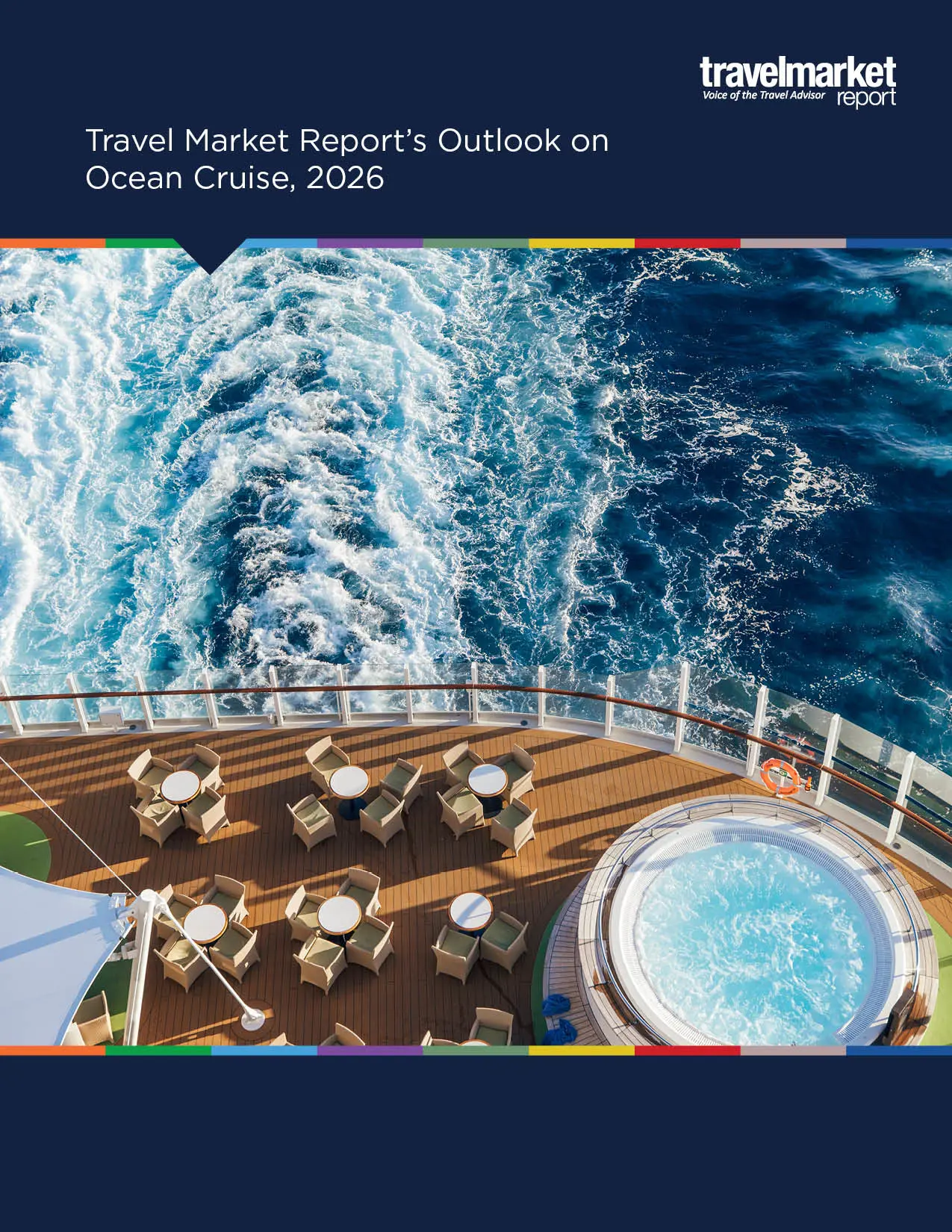The ROI of Travel ‘Degrees’ and Educational Designations
by Dori Saltzman
There’s no question education is a vital piece of an advisor’s success. Without it advisors can’t, well, advise. The more you know about suppliers, destinations, ancillary travel products, and business best practices, the more successful you can be and the better off your clients will be.
But does the education that travel advisors choose for themselves have to result in letters that come after your name – like a CTA from The Travel Institute or an ACC from CLIA? Can’t advisors stick only with the free training that comes from suppliers?
In part one of a two-part series, Travel Market Report breaks down why such “degree” programs should in fact, be an integral piece of the education puzzle, providing real value, including a tangible return on investment.
What Is an Educational Designation?
Before we can dive into the ROI of getting a degree/educational designation, we must first define what we mean.
There are numerous ways travel advisors can educate themselves, from training provided by their host or consortium to supplier-provided training to credit-based programs that result in a “degree.” The most well-known of these are provided by The Travel Institute (CTA, CTC, CTIE), Cruise Lines International Association (CCC, ACC, MCC, ECC) and the American Society of Travel Advisors (VTA).
Completing these programs earns graduates the right to use their educational designation after their name. (Like a dentist using DDS or an accountant using CPA.)
How Do Degree Programs Differ from Other Training?
Unlike the training provided by suppliers, these degree programs require a monetary investment and typically take longer to complete. They offer a broad look at the travel industry, a travel advisor’s place within the industry, and provide business training on topics like customer service, marketing, and more.
When considering what training you want to do, travel advisors TMR spoke with who have done both, said each has its own benefits.
“They’re focused on two very different things,” said Dusty Davidson, CTA, owner of a Dallas-based Dream Vacations franchise.
“Doing things like CLIA and The Travel Institute, it’s a broader base of knowledge,” said Sandy Saburn, CTIE, chief membership officer at Gifted Travel Network. “It’s focused more on helping you do the job well, and not just work with a particular partner.”
Supplier-driven training, on the other hand delivers concrete, detailed information about the suppliers advisors sell, said Florence Brethome, CTIE, general manager, leisure talent development for the Travelstore, a Signature-member agency.
“CLIA teaches me about the industry but not where to find Carnival’s deck plans or when a ship was last updated,” elaborated Charlotte Pointer, MCC, owner of Luv2Cruise Travel, a NEST member agency.
Do Designations Matter?
Travel advisors TMR spoke with disagreed on whether the actual educational designation that comes with completing a Travel Institute, CLIA or ASTA program matters.
“I don’t know what the letters after my doctor’s name means but they’re not picking up a knife if I don’t see something on the wall,” said Nolan Burris, travel development consultant at Signature. “I think it’s subtle, maybe even subliminal, but I do believe that having certification has an impact on your overall image.”
“Is it the deciding factor for a client or not” he added. “Yes and no. If I’m a potential client and I’m looking at a couple of advisors who I’ve asked for recommendations or quotes and one has got letters after the name and one doesn’t, I’m not saying they stop and think, ‘I’m going for the one with letter after the name.’ I don’t think they do that. But it does convey something.”
Kellie Greaux, member services director for OASIS Travel Network agreed. “Many of our advisors have earned their CTC, CTIE, and CTA certifications, which provides them with an industry deep dive. These professional designations are definitely noteworthy among clients. As with any profession, you want to give your business to someone that you trust, and clients feel the same way when looking for a travel advisor to plan their dream vacations.”
And Davidson told TMR, “I completed my CTA in March of 2021 and did see an increase in more serious questions for me and interest in my business.”
Others said the designations don’t matter at all, only the learning and the confidence that comes with them.
“The training that leads to the professional designation is much, much more important than the designation itself,” said Philip Banks, president of Legacy Travel, a Signature member agency. “Our clients don’t know ASTA, CLIA, or even Signature. Therefore, the ASTA’s Verified Advisor, CLIA’s Master Cruise Counselor, and Signature’s Travel Expert designations are not on the client’s radar. But the client does benefit from the training that led to the designation.”
Amy Madson, owner of an Orlando-based Dream Vacations agreed. “I find that while having the letters ECC after my name doesn’t necessarily drive business, the knowledge and confidence I gained from having done the work helped me close sales. You have to take several courses and do multiple ship inspections to achieve the ECC. The time and money invested was well worth it to the overall success of my business.”
Even the Travel Institute executives agree that much of the success comes from the process of going through the program.
“We are teaching very specific skills that build confidence,” said Diane Petras, CTIE, president of The Travel Institute. “They’re raising their head if they’re in an office or they’re not afraid of the phone ringing, and they’re better at qualifying and listening and better at marketing.”
Most said it’s a combination of both.
“As a 30 year veteran travel professional, I feel more confident in my ability to market and sell myself, advocate for our agency team and clients, and navigate through rough waters due to completing travel industry training,” said Annette Stellhorn, CTIE, VTA, owner of Accent on Travel, a Signature member agency.
“The designation of having CTIE definitely adds professionalism to your title and I have had clients actually remark that they were looking for those with professional training to handle their travel portfolio,” she said. “But, I believe the biggest asset is the education learned by taking the courses needed for the designation. I use that every day.”
Hard ROI Numbers
Regardless of why these degree programs are beneficial, the proof is in the hard numbers.
According to a late 2017 study conducted by The Travel Institute, 22% of Travel Institute-certified graduates and 16% of CLIA-certified advisors earned more than $60,000 that year. Compare that to just 7% of non-certified advisors (based on a survey of 2,000 U.S.-based travel advisors).
The same survey found that advisors with a Travel Institute certification (CTA, CTC, CTIE) averaged sales of $554,880 in 2017. Those with a Travel Institute Destination & Niche specialty averaged sales of $488,336 and those with a CLIA certification averaged $446,512 in sales. Advisors who went through supplier specialist courses (cruise line, hotel, destination, etc.) averaged $403,775 in sales.
Those advisors who never did any certification or specialist training averaged just $215,114 in sales.
More recently, the Travel Institute put together a case study in ROI, specifically for the CTA (Certified Travel Associate), which costs $550 to get. During their CTA training, the travel advisor will learn customer service skills (including how to ask for a referral), why they should be selling travel insurance to all their clients, how to sell all-inclusive resorts, and how to charge a service fee.
After getting their CTA, this travel advisor uses their new customer service skills to get a referral client for an all-inclusive booking. The total booking is for $6,500 (the advisor’s commission is 8%). The travel advisor also sells a $375 insurance plan with a commission rate of 15%), plus the advisor charges a $50 service fee.
Eight percent of $6,500 is $520; 15% of $375 is 56.25. Added together, plus the service fee, and the advisor has earned $626.25, recouping their investment in their CTA in a single booking, plus making a profit for a total ROI of 13.8%. Even selling an all-inclusive valued at half that would require only two bookings to make back the cost of the CTA.
























